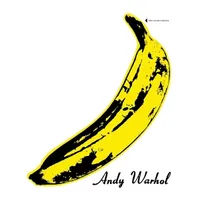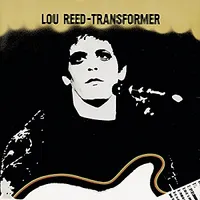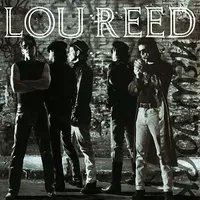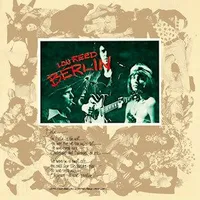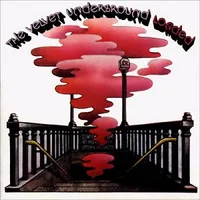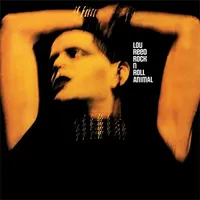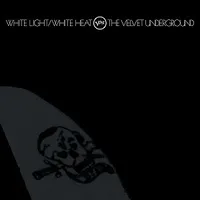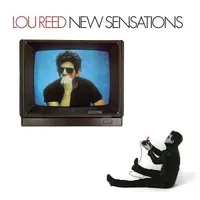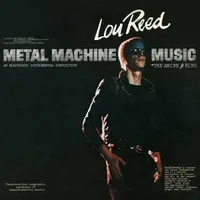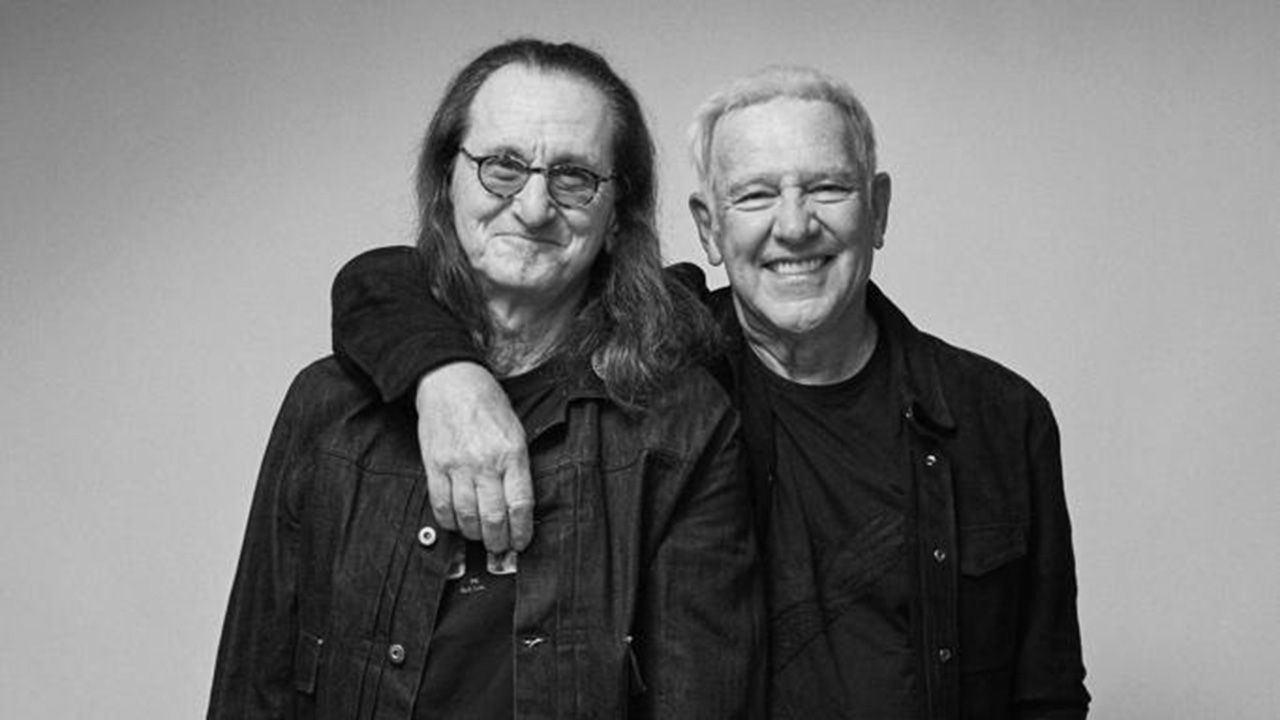The Lou Reed albums you should definitely own... and one to avoid
Lou Reed and The Velvet Underground influenced multiple generations of musicians, from David Bowie to punk rock, metal and beyond. These are his best albums
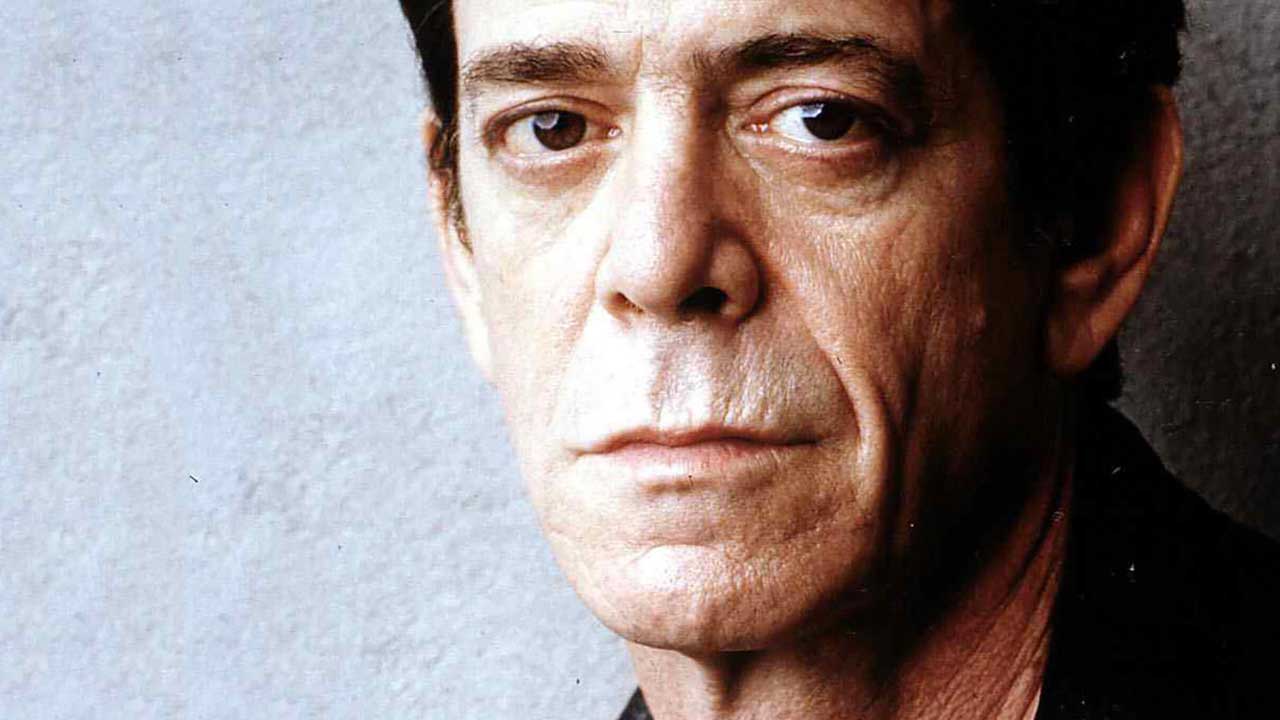
When American rock critic Lester Bangs called Lou Reed “a completely depraved pervert and pathetic death dwarf… a liar, a wasted talent, an artist continually in flux, and a huckster selling pounds of his own flesh”, he was describing a hero.
Few artists in the history of rock’n’roll are as enigmatic as Lou Reed, and few have created a body of work as influential, erratic and controversial as Reed’s, first with seminal art-rock group The Velvet Underground and then as a solo artist.
Born Lewis Allen Reed in Brooklyn, New York on March 2, 1942, he was always an outsider. As a teenager he was subjected to electro-shock therapy intended to ‘cure’ homosexuality. In his early 20s he dropped out of university to work as a staff songwriter at Pickwick Records where he wrote novelty pop songs, completely at odds with his love of experimental jazz.
It was at Pickwick that Reed met Welsh classically trained musician John Cale. The pair formed a band called The Warlocks, which by 1965 had mutated into The Velvet Underground, comprising Reed on guitar and vocals, Cale on bass, viola and organ, Sterling Morrison on second guitar and Maureen ‘Moe’ Tucker on drums.
The Velvets were a band out of time. Their debut album, released in 1967, was the antithesis of the Summer Of Love’s hippie idealism. Their lo-fi sonics and Reed’s dark lyrics proved too uncompromising for mass consumption, but the Velvets’ influence would carry over generations, from David Bowie to punk rock and beyond. It was Bowie who helped Reed achieve his breakthrough success as a solo artist, co-producing 1972’s Transformer, the album that featured two of Reed’s best-loved songs: Walk On The Wild Side and Perfect Day. But pop stardom didn’t suit Lou Reed, and in 1975 he attempted career suicide with Metal Machine Music, an album comprised entirely of guitar feedback.
This maverick streak runs throughout Reed’s career, as evidenced by his final two albums: the ambient electronica of 2007’s Hudson River Wind Meditations, and the unlikely collaboration with Metallica on 2011's Lulu. But it's with a guitar in hand that Lou Reed created his definitive work as a classic rock’n’roll anti-hero: the outsider, in black leather and shades, the original poster boy for heroin chic, the straight-talking poet laureate of New York City.

The Velvet Underground & Nico (Verve, 1967)
The Velvets’ debut album was a chart flop, and dismissed – or, worse, ignored – by the mainstream rock press. But, four decades on, it is acclaimed as one of the most innovative and influential rock records of all time. Reed was its chief architect, writing most of the songs alone.
And although three tracks were sung by Nico (deemed “tone deaf” by Cale), it was Reed who defined the Velvets’ dark aesthetic with his raw guitar style, deadpan vocals and deviant lyrics, illustrated on the love letter that was Heroin. Reed’s first shot was an avant-garde rock’n’roll masterpiece.
Lou Reed - Transformer (RCA, 1972)
Reed’s self-titled solo debut included various Velvets leftovers and, most bizarrely, Steve Howe and Rick Wakeman of Yes. Unsurprisingly it sold no better than the Velvets’ albums. His second, released just six months later, made him a superstar.
Produced by David Bowie and his guitarist Mick Ronson, Transformer caught the mood of the glam-rock era with Mick Rock’s cover of an androgynous Reed, and some classic pop songs – notably Satellite Of Love and Perfect Day – that echoed Bowie’s early-70s material. The album even gave Reed a Top 10 hit Walk On The Wild Side, despite blasé references to drugs and oral sex.
Lou Reed - New York (Sire, 1989)
Not for Lou Reed the celebratory swing of Sinatra’s Theme From New York New York, or the romance of Woody Allen’s Manhattan; Reed’s portrait of his home town was drawn from the mean streets he knew so well in his junkie years. New York is essentially a concept album, with instructions by Reed for it to be “listened to in one sitting as though it were a book or a movie”.
Withering satire dominates, with Dirty Blvd. one of many brutally funny vignettes. Dirty Blvd. is also fundamentally a great rock’n’roll song, and New York is an album filled with them. It’s Reed’s late career classic.
Rolling Stone magazine billed Lou Reed’s third solo album as “the Sgt. Pepper of the 70s”. Many since have called it The Most Depressing Album Of All Time. The truth is probably somewhere in between.
Berlin is undeniably Reed’s most over-the–top statement. With a lavish production and an all-star cast including Steve Winwood, it’s a concept album-cum-rock opera: the story of a doomed, drug-fuelled romance, told by Reed in the style of a heavily medicated torch singer. He was rewarded with a Top 10 hit in the UK. In the US the album stiffed and Lou went back underground.
The Velvet Underground - Loaded (Atlantic, 1970)
As well as a reference to the group’s druggie reputation, the title of the band’s fourth studio album was also a sly dig at new label Atlantic, who signed the band after they were dropped by Verve/MGM and demanded an album “loaded with hits”.
In a sense, Reed delivered; Loaded is by far the most radio-friendly VU album, with Sweet Jane the catchiest and most effortlessly cool rock‘n’roll song he has ever written. Reed quit the band a month before the album’s release. Two years later Velvet Underground had dissolved and Reed at last had a hit with Transformer.
Lou Reed - Coney Island Baby (RCA, 1976)
After the commercial disaster of 1975’s Metal Machine Music, Lou had his back to the wall. “I had no money and no guitars,” he confessed. Reed had to promise his record label that he wouldn’t make ‘Son of Metal Machine Music’, and he was as good as his word.
Coney Island Baby is classic Lou Reed, described in Rolling Stone as “timeless, terrific rock‘n’roll”. Reed has never written a more beautiful song than this album’s title track. A bitter-sweet lament, reminiscent of Dylan’s best 70s work, it ends with the redemptive mantra: ‘The glory of love might see you through.’ In desperation, Reed had dug deep.
Lou Reed - Rock ’N’ Roll Animal (RCA, 1974)
The best of Reed’s 11 live albums was partly a reaction to the harsh criticism and weak US sales of the ambitious Berlin. As its spiky title implied, Rock ‘N’ Roll Animal had Reed going back to basics, reprising Velvets songs while reaffirming his popular image as rock’s junkie-in-chief.
Reed is backed by a slick five-piece band featuring guitarists Dick Wagner (a future Alice Cooper sidekick) and Steve Hunter. Their flashy licks transformed Sweet Jane and Rock ‘N’ Roll into swaggering arena rock anthems, while the album’s centrepiece, a woozy, 13-minute version of Heroin, couldn’t have done more to glamourise Reed’s drug of choice.
The Velvet Underground - White Light/White Heat (Polydor, 1968)
The making of this, the second Velvets album, began and ended with a power struggle. First, Andy Warhol was ousted as band manager, and with him, to general relief, went Nico. More damagingly, a rift developed between Reed and John Cale, ending with Cale’s departure.
Nevertheless, White Light/ White Heat was a strong and cohesive collection. Galvanised by their new-found independence from Warhol, the band ditched the pop element of the debut album in favour of visceral rock noise. Cale described this new ethos as “consciously anti-beauty”.
Lou Reed - New Sensations (RCA, 1984)
In the early 80s, Reed quit booze and drugs, and regained his credibility with two cult classic albums: The Blue Mask and Legendary Hearts. What followed those was the most accessible work of his entire career. Shockingly, New Sensations was the sound of Reed lightening up.
I Love You, Suzanne, the most upbeat pop song Reed has ever written, set the tone, while the nonchalantly funky title track even had him pledging to ‘eradicate my negative views’. The album wasn’t a hit (No.56 in the US, No.92 in the UK). Perhaps the public just wouldn’t buy a happy Lou Reed. Five years later the bleak New York proved a more effective comeback.
And one to avoid...
You can trust Louder
Lou Reed - Metal Machine Music (RCA, 1975)
In his liner notes to Metal Machine Music, Reed said: “Most of you won’t like this. And I don’t blame you at all." If ever a major rock star created art for art’s sake, it was Lou Reed with this album. Recorded by him alone, Metal Machine Music is 64 minutes of white noise, divided into four excruciating parts.
The only positive review, from Lester Bangs in Creem magazine, called it The Greatest Album Ever Made. Over time its influence has extended through electronic music and post-rock. But listening to the whole thing is akin to torture. As Reed himself admitted: “It had an unusually high number of returns.”
Sign up below to get the latest from Classic Rock, plus exclusive special offers, direct to your inbox!
Freelance writer for Classic Rock since 2005, Paul Elliott has worked for leading music titles since 1985, including Sounds, Kerrang!, MOJO and Q. He is the author of several books including the first biography of Guns N’ Roses and the autobiography of bodyguard-to-the-stars Danny Francis. He has written liner notes for classic album reissues by artists such as Def Leppard, Thin Lizzy and Kiss, and currently works as content editor for Total Guitar. He lives in Bath - of which David Coverdale recently said: “How very Roman of you!”
